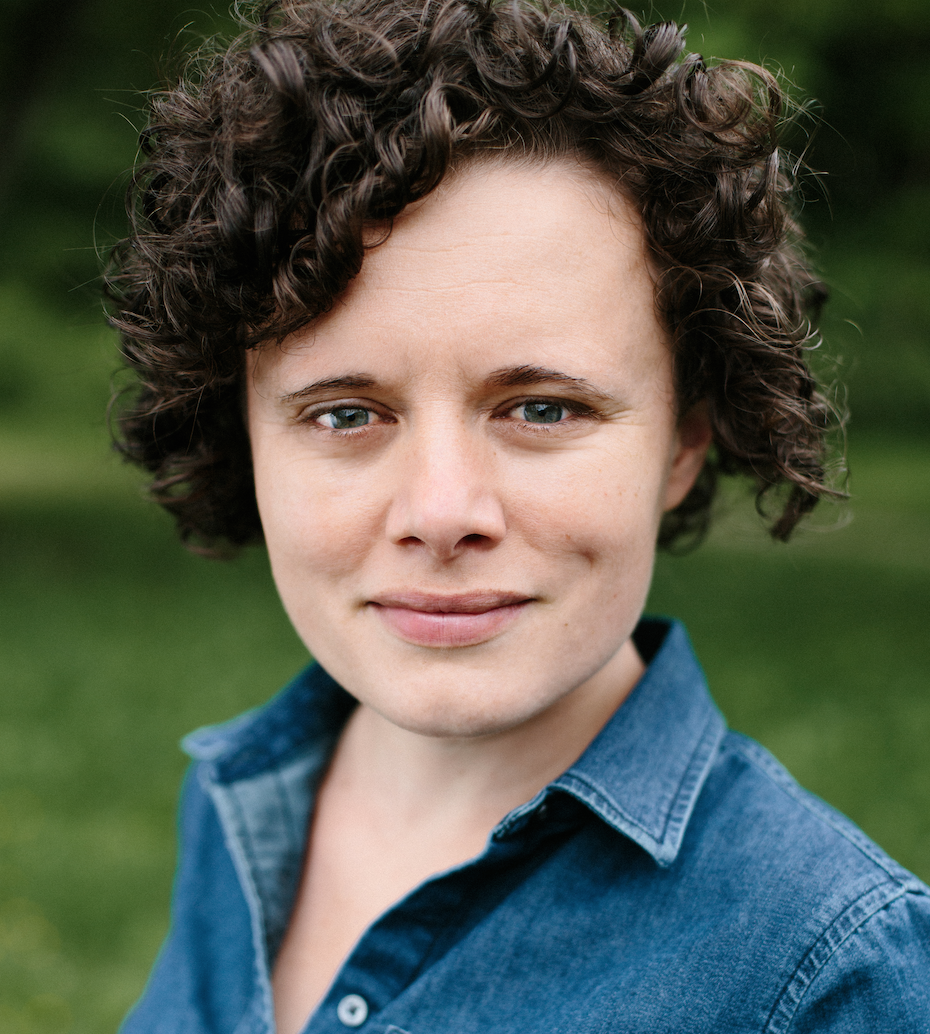Charlottesville City Council will formally consider a draft ranked-choice voting ordinance at its August 19 meeting. If approved, Charlottesville would become the second locality in Virginia to adopt ranked-choice voting, and the new voting system will be used on a trial basis in the city’s 2025 election.
Under a ranked-choice system, voters can rank candidates in order of preference. If no candidate receives 50 percent of the first preference vote, the candidate with the fewest votes is then eliminated. Voters who selected the eliminated candidate as their first choice then have their second preference candidate votes tallied and added to the vote totals. The process continues until a candidate has earned a simple majority of votes.
“The beauty of ranked-choice voting is it ensures that we elect leaders who actually build coalitions from the breadth of their community, rather than just rallying an extreme minority,” says former delegate Sally Hudson. “It lets voters vote for who they really like no matter how many candidates run.”
During her time in the Virginia General Assembly, Hudson introduced a bill allowing cities to adopt ranked-choice voting. She went on to found Ranked Choice Virginia in 2021 and continues to advocate for the adoption of the voting system across the commonwealth.
Benefits to ranked-choice voting are numerous, according to Hudson. Key positives include empowering voters to select their preferred candidate and reducing, if not completely eliminating, the risk of splitting the vote among like-minded candidates.
“If it turns out that your favorite candidate is not among the most popular picks, you still get a voice in who the final selection is from your community, from the last candidates,” she says. “Once candidates don’t have to worry about splitting the vote and accidentally tipping the scales toward someone they don’t support, we see more candidates who are willing to throw their hat in the ring, and that means that voters get more options.”
Locally, Hudson says one of the races that could most benefit from ranked-choice voting is city council elections.
“We now have the virtue of having wide fields run for just a handful of city council seats each year, and that’s exactly when you can see vote splitting,” she says. “Somebody [can] get elected to council with a relatively small share of the vote, maybe only 20 or 30 percent … a ranked choice election can ensure that you find the winners who really do have broad support in the community and don’t just have a super vocal slice that is out of step with the rest.”
Though Charlottesville City Council will formally consider the adoption of ranked-choice voting for the first time on August 19, preparations have already begun behind the scenes for the possibility of using the voting system in local elections in 2025. A number of logistical steps have been taken (namely, finding ranked-choice-capable software for voting machines), but the largest hurdle is still to come: voter education.
“It’s a switch for people,” says Hudson. “Once voters have a chance to see it in action, they consistently report that they understand the new system and that they like it. … You do have to do voter education, but if you do it and you do it well, then voters get it. They like it. They want to do it again.”
